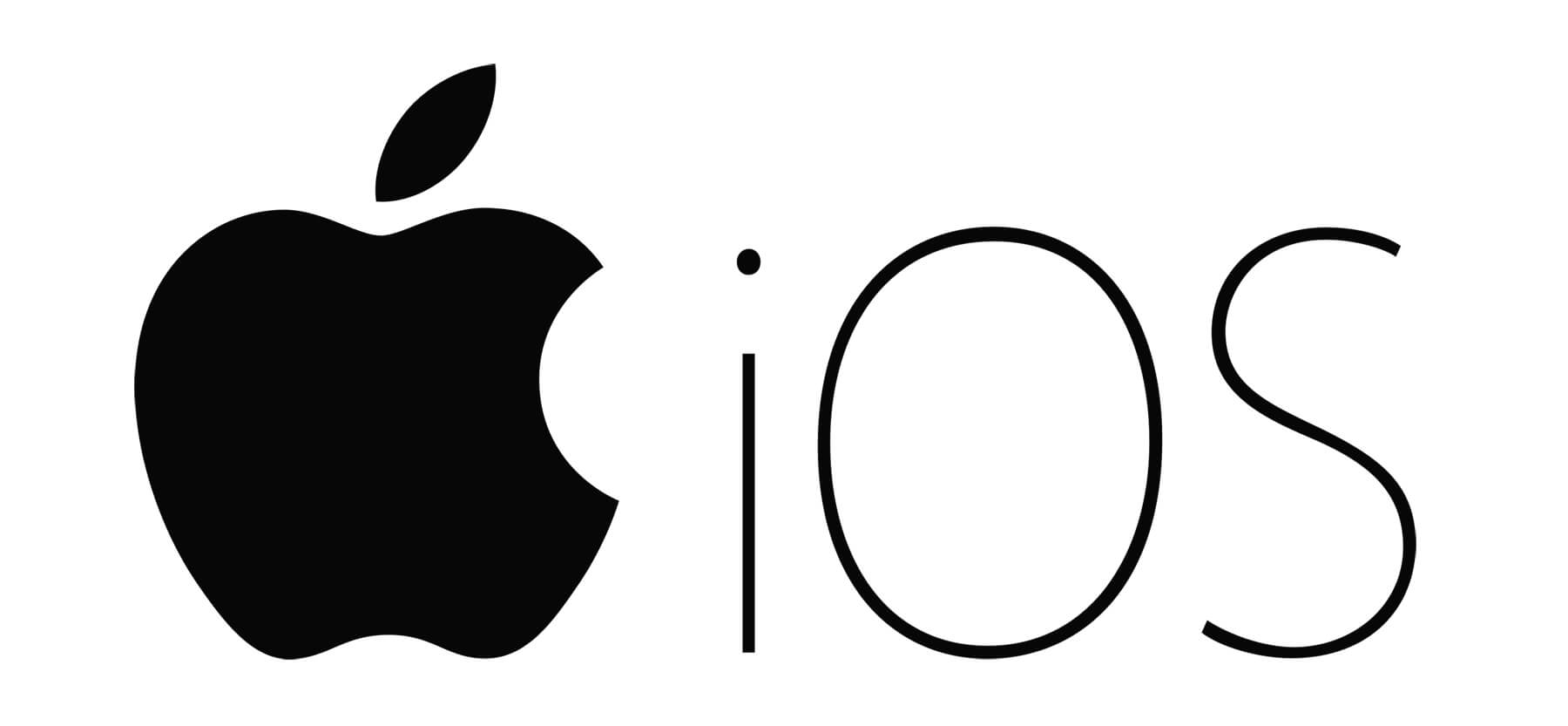Introduction:
Tablets have become an integral part of our lives, and one of the most popular operating systems that powers these devices is iOS. Developed by tech giant Apple, iOS has set the standard for what a tablet operating system should be. In this comprehensive guide, we’ll explore the evolution of iOS, its standout features, and why it remains a top choice for millions of users worldwide.
Evolution of iOS:
iOS, initially known as iPhone OS, made its debut in 2007 with the release of the original iPhone. The operating system was designed to be intuitive and user-friendly, with a focus on touch-based interactions. Over the years, it has undergone numerous updates and enhancements, adapting to the changing technological landscape.
Early Days (2007-2010):
In its early days, iOS was primarily an iPhone operating system, but it was soon adapted to work on the iPad, which was introduced in 2010. This expansion marked the beginning of iOS as a versatile tablet OS, with features like the App Store, multi-touch gestures, and a robust web browser.
iOS 7 and the Modern Era (2013-Present):
One of the most significant milestones in iOS history was the release of iOS 7 in 2013. This update brought a complete visual overhaul with a flat, colorful design, and introduced features like Control Center and AirDrop. Subsequent versions have continued to refine the user experience, with features such as Split View for multitasking and the Files app for better file management.
Key Features of iOS:
iOS boasts several features that set it apart from other tablet operating systems. Let’s take a closer look at some of the key highlights:
App Ecosystem:
The Apple App Store is home to over two million apps, making it one of the most extensive app ecosystems in the world. Whether you’re into productivity, gaming, creativity, or education, you’re sure to find apps that cater to your needs.
Security:
iOS is renowned for its robust security features. From Touch ID and Face ID for device authentication to regular software updates and app sandboxing, Apple prioritizes user data protection.
Siri:
Apple’s virtual assistant, Siri, offers voice-activated control and assistance. Whether you need to set reminders, ask questions, or control smart home devices, Siri is there to help.
iCloud Integration:
iCloud seamlessly integrates with iOS devices, offering cloud storage, automatic backups, and synchronization across all your Apple devices. This ensures your data is always accessible and up to date.
Why Choose iOS for Your Tablet:
User-Friendly Interface:
iOS is known for its intuitive and user-friendly interface. Even if you’re new to Apple products, you’ll find it easy to navigate and use your tablet effectively.
Regular Updates:
Apple is diligent about providing iOS updates, ensuring that your device remains secure and up to date. This commitment to software updates means that your tablet’s performance will stay optimized over time.
App Quality:
The App Store is curated, which means that the apps available are of high quality and often optimized for the latest hardware. This results in a superior app experience for users.
Privacy and Security:
With iOS, your data is in good hands. Apple takes privacy and security seriously, making it a great choice for those concerned about the safety of their personal information.
iOS vs. Other Tablet Operating Systems:
While iOS has many advantages, it’s essential to consider how it compares to other tablet operating systems. Let’s briefly explore some of the key differences:
Android:
Android offers a more diverse range of hardware options, making it a choice for users who value customization. However, iOS is often seen as more user-friendly and secure.
Windows:
Windows tablets are ideal for those who need a full desktop experience on a tablet. However, iOS excels in terms of app quality and ease of use.
Chrome OS:
Chrome OS, mainly found in Chromebooks, is known for its simplicity and affordability. Still, iOS outshines it in terms of app availability and ecosystem.
Future of iOS:
As we look to the future, iOS shows no signs of slowing down. With each new iteration, Apple introduces innovative features and enhancements that continue to delight users. The seamless integration with other Apple products and services, such as the Apple Watch and Mac, is likely to strengthen iOS’s position in the market.
Conclusion:
iOS has been a game-changer in the world of tablet operating systems, offering a combination of user-friendliness, security, and a vast app ecosystem. Whether you’re a long-time Apple enthusiast or considering your first iOS device, this operating system continues to set the bar high for the tablet experience. Its rich history, continuous evolution, and unwavering commitment to excellence make iOS a compelling choice for tablet users worldwide.
In the ever-evolving landscape of technology, iOS remains a shining example of what a tablet operating system should be. With its intuitive design, robust security, and an ever-expanding range of apps, it’s no wonder that iOS continues to be a top choice for those seeking a premium tablet experience.



